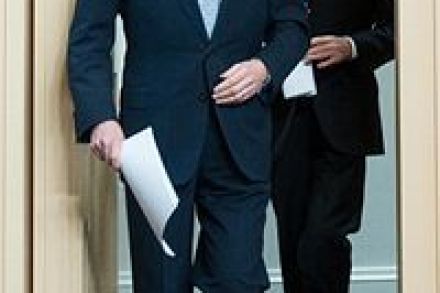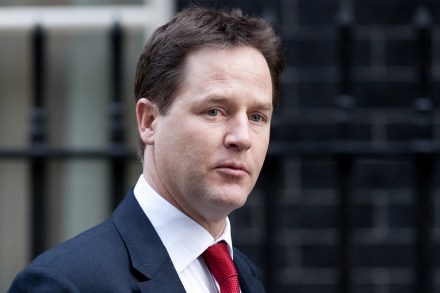The Eternal Doomed Quest for a Third American Party
One of the rules of American political journalism is that every four years there must be an attempt to guage the likelihood of a “serious” third party challenge that will change everything we’d previously thought we’d known about American politics. Happily, this year is no exception. TIME’s Alex Altman asks “Can a Well-Heeled Group of Insiders Create a Populist Third Party Sensation?”. We all know the answer to that. No, they can’t. And won’t. But here, just for fun, is what Americans Elect* are planning: What Americans Elect has done is fashion a new twist to the quadrennial quest for a credible third-party contender. Instead of an outside party, it













